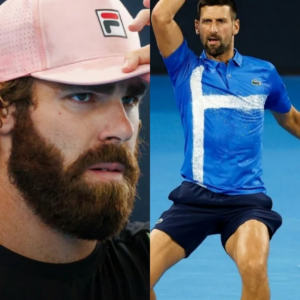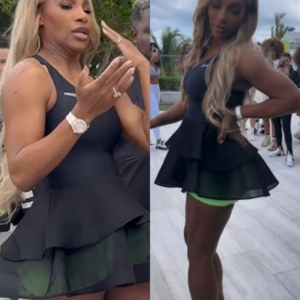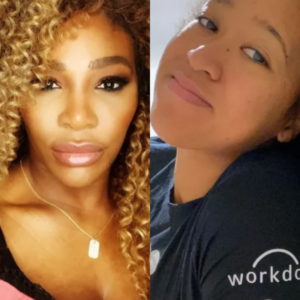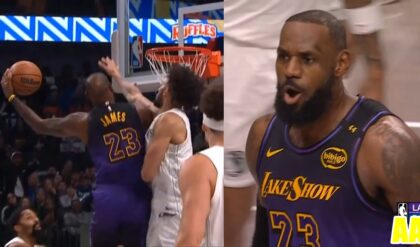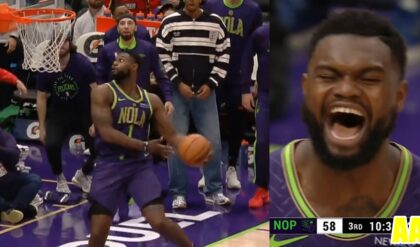The potential for Angel Reese to be traded from the Chicago Sky has sparked much debate, especially following the firing of former coach James Wade. While many speculate about this possibility, it’s crucial to analyze the context and implications surrounding such a move.
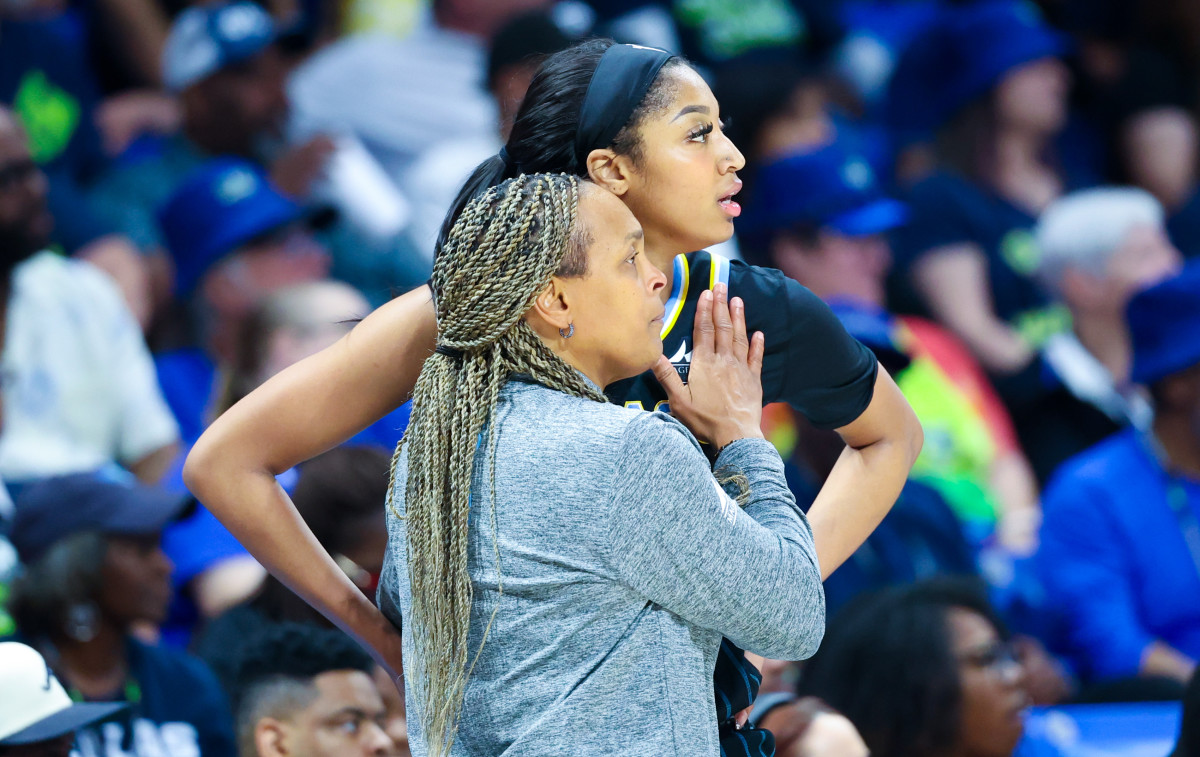
First and foremost, Reese is currently on a valuable rookie contract, which is akin to a goldmine in the current landscape of women’s basketball. With the prospect of rising salaries for players by 2026, having a talented player like Reese—who could be considered a top-tier player for under $100,000—offers significant financial advantages to any team. The allure of such contracts makes it unlikely for the Sky to part with her, at least in the immediate future.
Moreover, the basketball dynamics within the league are shifting. The prevalence of small-ball lineups and the emphasis on shooting have changed the way teams build their rosters. The success of teams like the Minnesota Lynx and New York Liberty, which emphasize spacing and shooting, underscores this trend. The Sky’s current configuration with two big players—Reese and Camila Cardoso—poses challenges, particularly since neither player is regarded as a strong shooter. The reality is that modern basketball often demands versatility and shooting ability from all positions.
Reese’s development as a player is crucial to her future with the team. While she possesses excellent skills in sealing and rebounding, her shooting mechanics need significant work. Focusing on foundational skills like layups before expanding her shooting range will be essential for her growth. If she doesn’t address these mechanical issues, her effectiveness on the court could be limited, particularly as defenses tighten in the professional ranks.
Another layer to consider is the leadership and coaching aspect. With the departure of Wade, who believed in Reese’s potential and offered her significant playing time, the new coaching staff may have different philosophies. It’s not uncommon for young players to thrive under specific coaches who understand how to cultivate their confidence and skill set. If Reese is relegated to a lesser role as a rebounder and defender, her development may stagnate, prompting discussions about her fit within the team’s long-term vision.
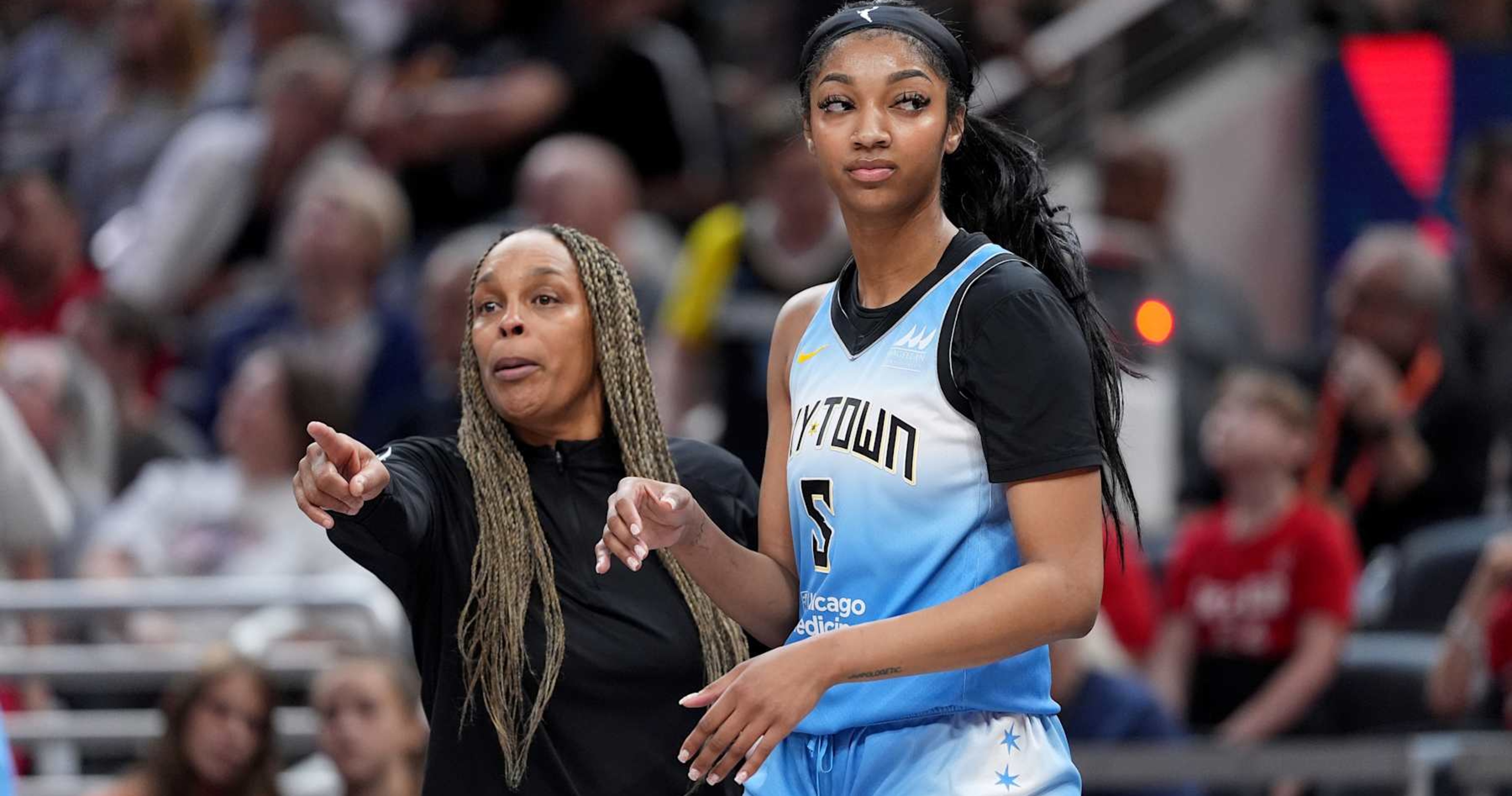
As for the Chicago Sky’s broader strategy, the organization’s reluctance to enter a rebuilding phase raises questions about their future trajectory. The league is becoming increasingly competitive, with rookie classes getting stronger each year. If the Sky lose key players like Kennedy Carter, they risk falling behind, as their current roster lacks the depth and talent to compete effectively.
Ultimately, the discussion about trading Reese often hinges on perceived value. If the Sky were to consider trading her, they might look for a return comparable to players like Ryan Howard. Such a move would signal a strategic shift and a possible commitment to building around different core players.
In summary, while a trade involving Angel Reese could generate significant interest, the factors at play—her rookie contract value, the evolving nature of the game, her personal development, and the strategic direction of the Sky—suggest that she is likely to remain with the team for at least the coming season. The dynamics of the WNBA continue to evolve, and how the Sky navigate these changes will ultimately dictate Reese’s future and the overall trajectory of the franchise.
News
Novak Djokovic reveals how wife Jelena ‘surprised’ him as he discusses about ‘secret weapon’ at Brisbane International
Novak Djokovic, who is competing at the Brisbane International, said his family traveled with him to Australia for the first time. Novak Djokovic started his campaign for 2025 by traveling Down Under where he is playing at the Brisbane International. Djokovic’s…
Reilly Opelka’s coach reveals how the American after losing in Challenger ‘upset’ Novak Djokovic and ‘shocked the world’
World No. 171 Reilly Opelka knocked out Novak Djokovic from Brisbane International after a straight-set win in the quarterfinals. Novak Djokovic wanted to start his season on a high note but unfortunately, Reilly Opelka defeated him in the quarterfinals at the Brisbane International….
Jannik Sinner’s doping case takes new twist as WADA appeals to CAS against “no fault or negligence” verdict
Jannik Sinner of Italy returns a shot against Christopher O’Connell of Australia during Day Six of the 2024 US Open at USTA Billie Jean King National Tennis Center (Photo by Mike Stobe/Getty Images) LAUSANNE, September 28, 2024 – The doping…
[VIDEO] ‘She Is Feeling It!’: Serena Williams Shows Off New Look in Miami as Fans React to Video of Her Dancing
The retired tennis legend recently revealed she is training to complete a half-marathon by 2025 Serena Williams is living her best life. The retired tennis star, 43, debuted a new, slimmer look while at an event in Miami on Saturday, Dec….
[VIDEO] What President Bill Clinton said to Serena Williams after she won her first US Open title in 1999
After winning the first Grand Slam title of her career Serena Williams received a special message. The American produced one of the most iconic and influential careers not just in tennis but all of sport. For nearly three decades the…
“Looking Like a Snack” – Serena Williams and Naomi Osaka Gush Over American WTA Star’s Stunning Holiday Card
World No.5 in doubles and WTA pro Taylor Townsend has long admired Serena Williams. When Serena retired in 2022 after the US Open, Townsend wrote: “@serenawilliams ALL I CAN SAY IS THANK YOU! Thank you for inspiring me to see that…
End of content
No more pages to load


